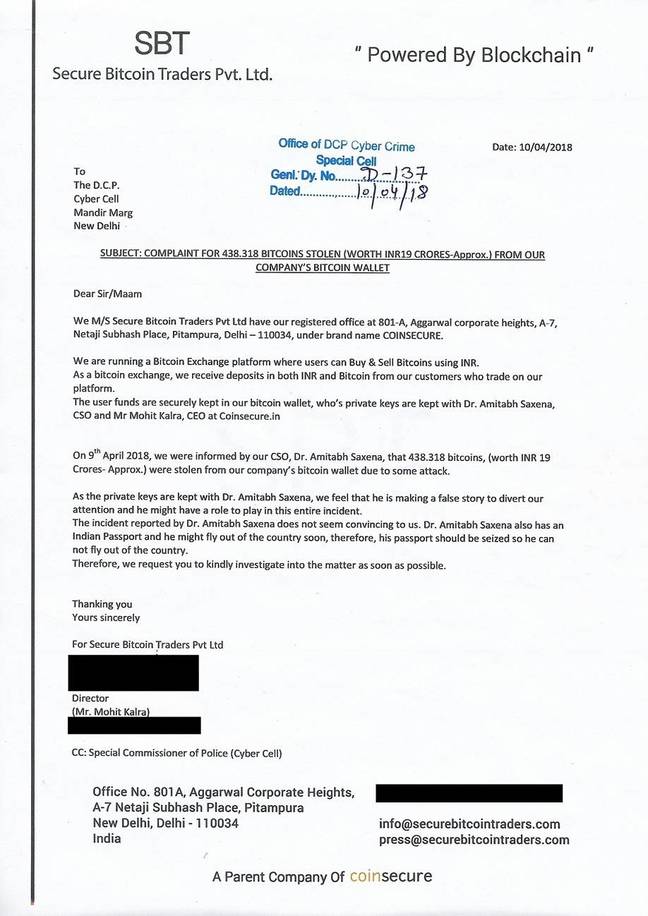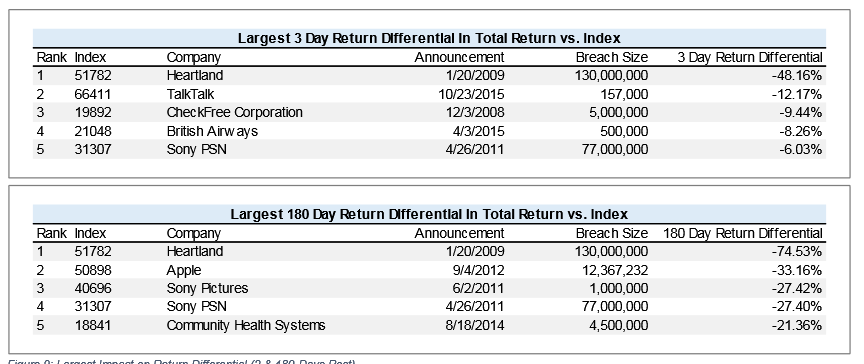That’s when it hit him. Right there, in the numbers on the page, he noticed a flaw—a strange and surprising pattern, like the cereal-box code, written into the fundamental machinery of the game. A loophole that would eventually make Jerry and Marge millionaires, spark an investigation by a Boston Globe Spotlight reporter, unleash a statewide political scandal and expose more than a few hypocrisies at the heart of America’s favorite form of legalized gambling.
[…]
This particular game was called Winfall. A ticket cost $1. You picked six numbers, 1 through 49, and the Michigan Lottery drew six numbers. Six correct guesses won you the jackpot, guaranteed to be at least $2 million and often higher. If you guessed five, four, three, or two of the six numbers, you won lesser amounts. What intrigued Jerry was the game’s unusual gimmick, known as a roll-down: If nobody won the jackpot for a while, and the jackpot climbed above $5 million, there was a roll-down, which meant that on the next drawing, as long as there was no six-number winner, the jackpot cash flowed to the lesser tiers of winners, like water spilling over from the highest basin in a fountain to lower basins. There were lottery games in other states that offered roll-downs, but none structured quite like Winfall’s. A roll-down happened every six weeks or so, and it was a big deal, announced by the Michigan Lottery ahead of time as a marketing hook, a way to bring bettors into the game, and sure enough, players increased their bets on roll-down weeks, hoping to snag a piece of the jackpot.
The brochure listed the odds of various correct guesses. Jerry saw that you had a 1-in-54 chance to pick three out of the six numbers in a drawing, winning $5, and a 1-in-1,500 chance to pick four numbers, winning $100. What he now realized, doing some mental arithmetic, was that a player who waited until the roll-down stood to win more than he lost, on average, as long as no player that week picked all six numbers. With the jackpot spilling over, each winning three-number combination would put $50 in the player’s pocket instead of $5, and the four-number winners would pay out $1,000 in prize money instead of $100, and all of a sudden, the odds were in your favor. If no one won the jackpot, Jerry realized, a $1 lottery ticket was worth more than $1 on a roll-down week—statistically speaking.
“I just multiplied it out,” Jerry recalled, “and then I said, ‘Hell, you got a positive return here.’”
[…]
This was an uncomfortable leap for a guy with no experience in gambling, but if he stopped now, he would never know if his theory was correct. During the next roll-down week, he returned to Mesick and made a larger bet, purchasing $3,400 in Winfall tickets. Sorting 3,400 tickets by hand took hours and strained his eyes, but Jerry counted them all right there at the convenience store so that Marge would not discover him. This time he won $6,300—an impressive 46 percent profit margin. Emboldened, he bet even more on the next roll-down, $8,000, and won $15,700, a 49 percent margin.
[…]
he lottery is like a bank vault with walls made of math instead of steel; cracking it is a heist for squares. And yet a surprising number of Americans have pulled it off. A 2017 investigation by the Columbia Journalism Review found widespread anomalies in lottery results, difficult to explain by luck alone. According to CJR’s analysis, nearly 1,700 Americans have claimed winning tickets of $600 or more at least 50 times in the last seven years, including the country’s most frequent winner, a 79-year-old man from Massachusetts named Clarance W. Jones, who has redeemed more than 10,000 tickets for prizes exceeding $18 million.
[…]
he and Marge were willing to do the grunt work, which, as it turned out, was no small challenge. Lottery terminals in convenience stores could print only 10 slips of paper at a time, with up to 10 lines of numbers on each slip (at $1 per line), which meant that if you wanted to bet $100,000 on Winfall, you had to stand at a machine for hours upon hours, waiting for the machine to print 10,000 tickets. Code in the purchase. Push the “Print” button. Wait at least a full minute for the 10 slips to emerge. Code in the next purchase. Hit “Print.” Wait again. Jerry and Marge knew all the convenience store owners in town, so no one gave them a hard time when they showed up in the morning to print tickets literally all day. If customers wondered why the unassuming couple had suddenly developed an obsession with gambling, they didn’t ask. Sometimes the tickets jammed, or the cartridges ran out of ink. “You just have to set there,” Jerry said.
The Selbees stacked their tickets in piles of $5,000, rubber-banded them into bundles and then, after a drawing, convened in their living room in front of the TV, sorting through tens or even hundreds of thousands of tickets, separating them into piles according to their value (zero correct numbers, two, three, four, five). Once they counted all the tickets, they counted them again, just to make sure they hadn’t missed anything. If Jerry had the remote, they’d watch golf or the History Channel, and if Marge had it, “House Hunters” on HGTV. “It looked extremely tedious and boring, but they didn’t view it that way,” recalled their daughter Dawn. “They trained their minds. Literally, they’d pick one up, look at it, put it down. Pick one up, put it down.” Dawn tried to help but couldn’t keep pace; for each ticket she completed, Jerry or Marge did 10.
[…]
That June, Jerry created a corporation to manage the group. He gave it an intentionally boring name, GS Investment Strategies LLC, and started selling shares, at $500 apiece, first to the kids and then to friends and colleagues in Evart. Jerry would eventually expand the roster to 25 members, including a state trooper, a parole officer, a bank vice president, three lawyers and even his personal accountant, a longtime local with a smoker’s scratchy voice named Steve Wood. Jerry would visit Wood’s storefront office downtown, twist the “Open” sign to “Closed,” and seek his advice on how to manage the group.
[…]
And business was good. By the spring of 2005, GS Investment Strategies LLC had played Winfall on 12 different roll-down weeks, the size of the bets increasing along with the winnings. First $40,000 in profits. Then $80,000. Then $160,000. Marge squirreled her share away in a savings account. Jerry bought a new truck, a Ford F350, and a camping trailer that hooked onto the back of it. He also started buying coins from the U.S. Mint as a hedge against inflation, hoping to protect his family from any future catastrophe. He eventually filled five safe deposit boxes with coins of silver and gold.
[…]
A mathematics major in his final semester, Harvey had been researching lottery games for an independent study project, comparing the popular multistate games Powerball and MegaMillions to see which offered players a better shot at winning. He’d also analyzed different state games, including Cash WinFall, and it hadn’t taken him long to spot its flaw: On a roll-down week, a $2 lottery ticket was worth more than $2, mathematically.
Within days, Harvey had recruited some 50 people to pony up $20 each, for a total of $1,000, enough to buy 500 Cash WinFall tickets for the February 7 roll-down drawing. The Patriots won the Super Bowl on February 6, and the following day, the MIT group took home $3,000, for a $2,000 profit.
Curiously enough, the MIT students weren’t the only ones playing Cash WinFall for high stakes that day. A biomedical researcher at Boston University, Ying Zhang, had also discovered the flaw, after an argument with friends about the nature of the lottery. Believing it to be exploitative, Zhang had researched the Massachusetts State Lottery to bolster his point. Then he found the glitch in Cash WinFall, and as happens so often in America, a skeptic of capitalism became a capitalist. Zhang encouraged friends to play and formed his own betting club, Doctor Zhang Lottery Club Limited Partnership. His group began wagering between $300,000 and $500,000 on individual roll-down weeks, and eventually Zhang quit his job as a biomedical researcher to focus on the lottery full time. He bought tickets in bulk at a convenience store near his home, in the Boston suburb of Quincy, and stored the losing tickets in boxes in his attic until the weight made his ceiling crack.
As energetically as Zhang played the game, however, he couldn’t match the budding lottery moguls at MIT. After the first roll-down, Harvey assembled 40 to 50 regular players—some of them professors with substantial resources—and recruited his classmate, Yuran Lu, to help manage the group. Lu was an electrical engineering, computer science and math major with a mischievous streak: one time, to make a point about security, he’d stolen 620 passwords from students and professors. Now he helped Harvey form a corporation, named Random Strategies LLC, after their dorm. Their standard wager on a roll-down week was $600,000—300,000 tickets. Unlike the Selbees, who allowed the computer to pick numbers for them (“Quic Pics”), the MIT students preferred to choose their own, which avoided duplicates but also meant that the students had to spend weeks filling in hundreds of thousands of tiny ovals on paper betting slips.
A great article on how three groups of people were hacking this lottery and how it all ended.


